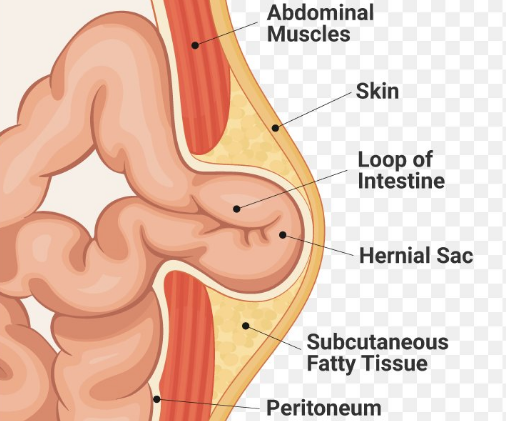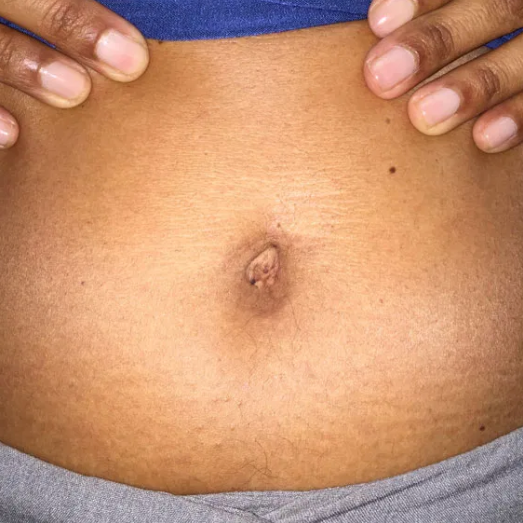What you need to know about Umbilical Hernia Repair
Contents
- 1 What you need to know about Umbilical Hernia Repair
- 2 What does the Procedure Involve?
- 3 How Long Should I Stay in the Area?
- 4 What’s the Recovery Time?
- 5 What About Aftercare?
- 6 What’s the Success Rate?
- 7 Are there Alternatives to Umbilical Hernia Repair?
- 8 What Should You Expect Before and After the Procedure
Umbilical hernia repair is a simple operation to fix umbilical hernias. An umbilical hernia involves a pouch or bulge forming in the abdomen that occurs when part of the bowel or fatty tissue pushes through a weak spot in or near the belly button. It is common in infants and children, especially in premature babies. In some cases, it may also develop in adults.
Umbilical hernias are easily treatable. In children, they do not always require surgical repair. However, surgery may be necessary if the hernia:
-
Causes pain and discomfort
-
Grows after the child is 1 to 2 years old
-
The intestines are within the bulge
-
The hernia becomes trapped
-
The bulge is still present by the age of 4 years.
For most adults with an umbilical hernia, surgery is recommended because the risk of complications is higher and the hernia is unlikely to get better by itself.
Umbilical hernia repair is performed to push the bulge back into place and to strengthen the weak spot in the abdominal wall.

What does the Procedure Involve?
Before the umbilical hernia repair begins, you are given a general anesthetic, which means you are “asleep” during the procedure and will not feel any pain. Occasionally, local anesthetic may be used instead. With this type of anesthetic, you remain awake but the area being operated on is numbed. A local anesthetic is only used in adults who have a small hernia.
The surgeon will start the procedure by making a small incision of around 2 to 3 cm at the base of the belly button. Then, the fatty lump or loop of the bowel is pushed back into the tummy. Then, the surgeon stitches together the muscle layers at the weak spot where the hernia came through to strengthen them. For adults or for those with large umbilical hernias, a special mesh patch may be used to strengthen the area instead of stitches. Once the surgeon is done fixing the hernia and strengthening the weak spot, the incision is closed with special surgical glue or dissolvable stitches.
How Long Should I Stay in the Area?
You generally should be able to leave the hospital on the same day. However, in some cases, you may need to stay in the hospital overnight. It is recommended that you stay in the local area for at least 7 days. During your stay, you will need to attend a follow-up checkup where your doctor assesses your healing.
What’s the Recovery Time?
You can gradually resume your normal activities over time until you can do them without feeling any pain. Most patients can perform light activities within 1 or 2 weeks. If you work in an office job, you may be able to return to work in 1 or 2 weeks. However, strenuous activities and heavy lifting should be avoided for about 4 to 6 weeks. Therefore, if you work a manual job, it is wise to wait at least 4 weeks until you return to work.
Children can go back to school in about a week, but they should be excused from games and sports for at least 2 weeks. Make sure your children avoid contact sports for 6 to 8 weeks.
What About Aftercare?
Your doctor will give you instructions on how to care for yourself or your child at home. It is very important that you follow everything in the instructions. Here are some things you will need to remember:
-
In most cases, your doctor will give pain-relieving medications to help ease pain and discomfort. Make sure to take the medications as prescribed.
-
If your doctor does not prescribe pain killers, you can take over-the-counter medications. However, make sure to consult your doctor beforehand. You can give your child paracetamol and ibuprofen. However, do not give your child aspirin if they are under 16 years old.
-
Wear loose clothing to help reduce any discomfort.
-
Your doctor will give you instructions to care for the wound and bathing, make sure to follow it.
-
Make sure to drink lots of fluids and eat plenty of fruit, vegetables, and high-fiber food to avoid constipation as this can cause pain around the wound.
What’s the Success Rate?
Umbilical hernia repair is a low-risk procedure. It is generally safe and effective. However, an umbilical hernia can reoccur. According to a study, the recurrence rate after umbilical hernia repair is 8.9%.
While the procedure is safe, complications can still occur, particularly if you have other serious medical conditions. It is important that you talk to your doctor if you are concerned about the risks. Other risks of the procedure (unrelated to other medical conditions) are:
-
Blood clots
-
Infection
-
Injury to nearby structures
-
Allergic reaction to anesthesia.
Are there Alternatives to Umbilical Hernia Repair?
Treatment for umbilical hernia is not always required as it may resolve by itself. In children, your doctor may be able to push the lump back into the abdomen. However, adults may not have another alternative to surgery.
What Should You Expect Before and After the Procedure
Before you undergo an umbilical hernia repair, your hernia may cause pain and discomfort. It may also complicate other serious problems. After the procedure, all symptoms should be relieved and there is no risk of the hernia to complicate.
For an in-depth analysis of an Umbilical Hernia Repair Procedure, watch this short video.
To check prices or to book an Umbilical Hernia Repair Procedure, in Thailand or anywhere else in the world, head on over to MyMediTravel now!

